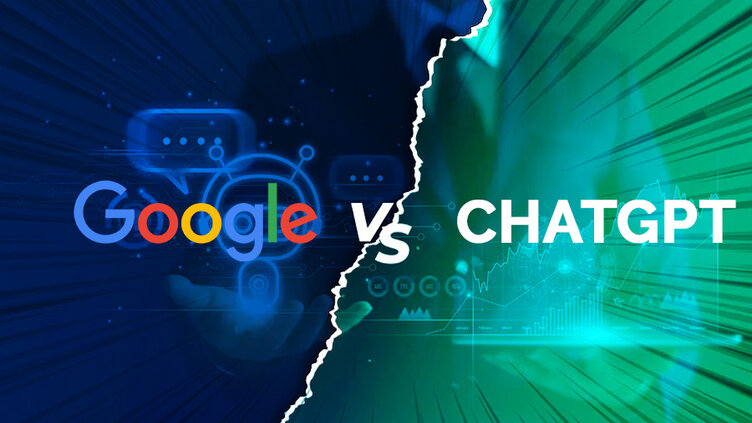In the rapidly evolving landscape of artificial intelligence, Google introduced Bard (now Gemini), its AI-powered chatbot, to compete with OpenAI's ChatGPT. This move signaled a major shift in the tech industry, highlighting the growing importance of conversational AI and its potential to revolutionize various aspects of our lives.
Google's Gemini, initially known as Bard, was first announced on February 6, 2023, and launched on March 21, 2023, in a limited capacity. This launch came shortly after the explosive popularity of ChatGPT, which had taken the world by storm in late 2022. Seeing the success of ChatGPT, Google and other tech giants recognized the need to develop their own AI chatbots to remain competitive. Google initially opened up early access for Bard on March 21, 2023, in a limited capacity, allowing users in the U.S. and UK to join a waitlist. The company ended the holdup and made Bard accessible in more than 180 nations and territories on May 10, 2023.
Gemini is built upon Google's Language Model for Dialogue Applications (LaMDA) technology and, later, the PaLM 2 language model, and now the Gemini LLM. These models are designed to enable more natural language queries, conversational search, and contextual responses, setting it apart from traditional search engines that rely on keywords. Unlike other AI models, Gemini is natively multimodal, meaning it's trained end to end on data sets spanning multiple data types. This allows Gemini to understand and recognize images, enabling it to parse complex visuals, such as charts and figures.
One of the key features of Gemini is its ability to provide context-aware answers and assist with follow-up questions. It also has a share-conversation function and a double-check function that helps users fact-check generated results. Gemini is integrated with several Google apps and services, including YouTube, Maps, Hotels, Flights, Gmail, Docs, and Drive, allowing users to apply the AI tool to their personal content.
In February 2024, Google renamed Bard to Gemini, a nod to Google's LLM that powers the AI chatbot. According to Google CEO Sundar Pichai, this change reflects the advanced tech at its core. Along with the rebranding, Google introduced the Google One AI Premium Plan, which gives users access to Gemini Advanced, powered by Ultra 1.0, Google's most capable AI model.
While both Gemini and ChatGPT are designed to generate human-like text based on user inputs, understand the context of a conversation, provide detailed responses, and engage in back-and-forth dialogue, there are some key differences between the two.
Gemini has real-time access to the internet through Google Search, allowing it to incorporate the latest information and news into its responses. ChatGPT's responses are based on data available until 2021. Gemini also tends to be more concise in its responses compared to ChatGPT, making it better suited for tasks that require summaries or answering factual questions.
Gemini provides formatted and clearer answers, with headings and paragraphs for quick text entry. ChatGPT mostly provides the answers in unformatted blocks.
Google's Gemini has faced challenges, including initial inaccuracies and the need to address privacy concerns and comply with data protection laws. However, Google has been actively working to improve the chatbot and address these issues.
Despite these challenges, Gemini represents a significant step forward in the field of conversational AI. As it continues to evolve and improve, it has the potential to transform how we interact with technology and access information.

















